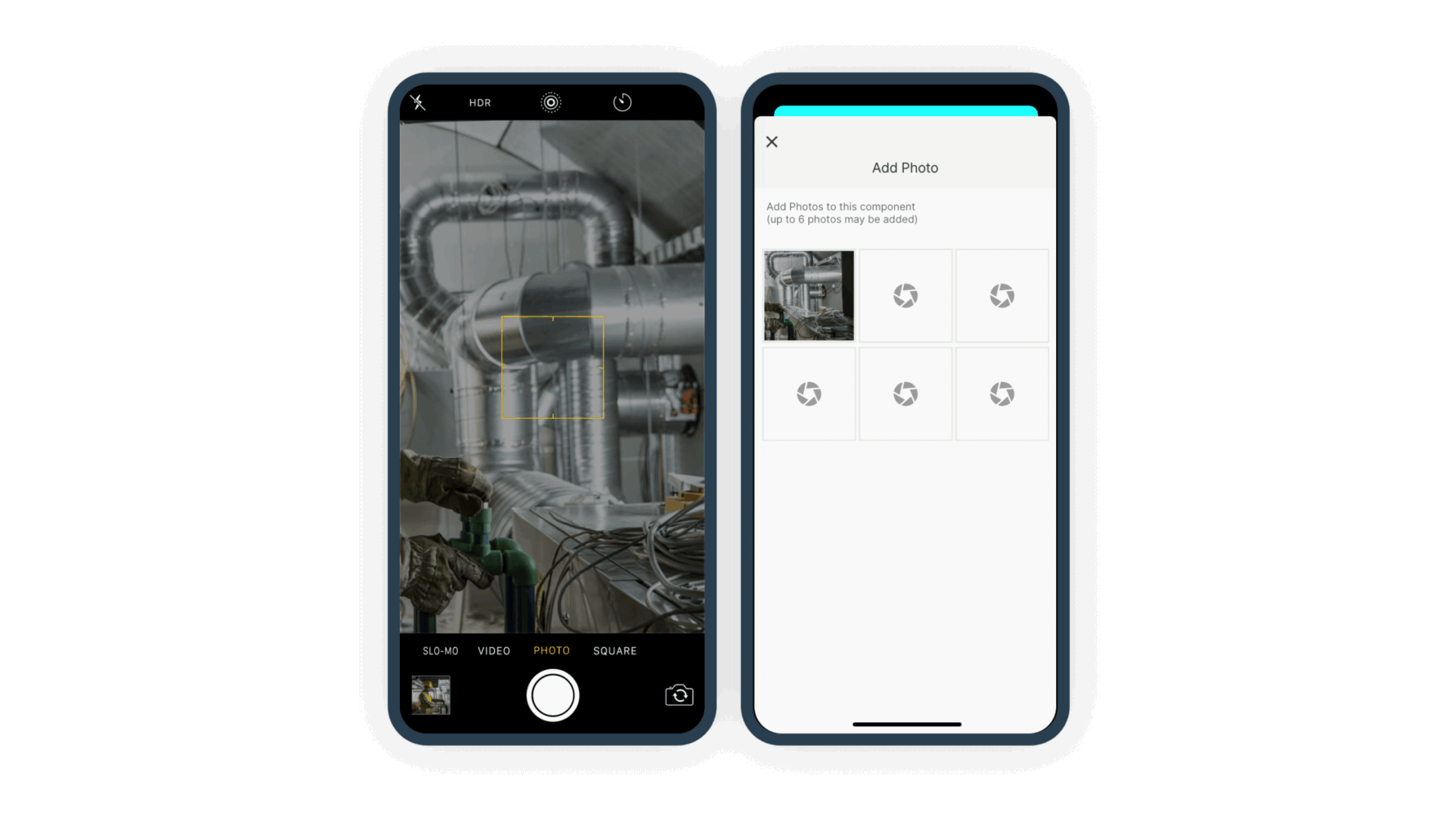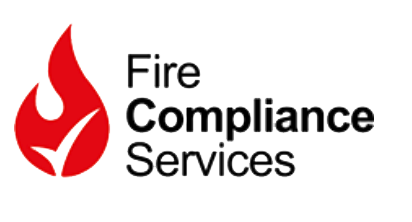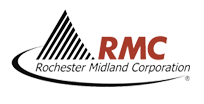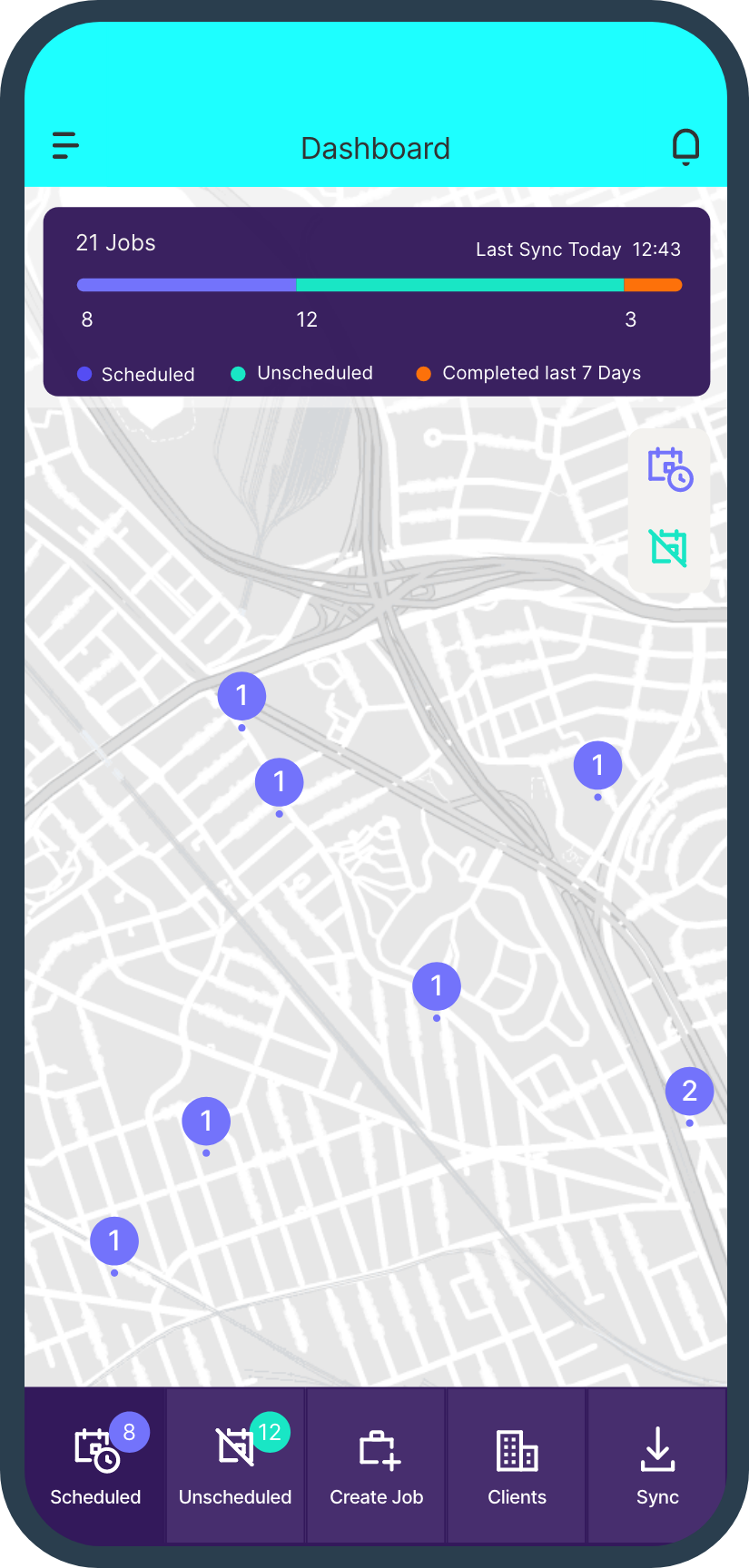Book a Demo
Get started with a live demo with one of our experts.
Klipboard is the future of field service and can improve the way you work regardless of the size of your business. If you manage people in the field and you want to offer your clients a great experience, book a demo today.














